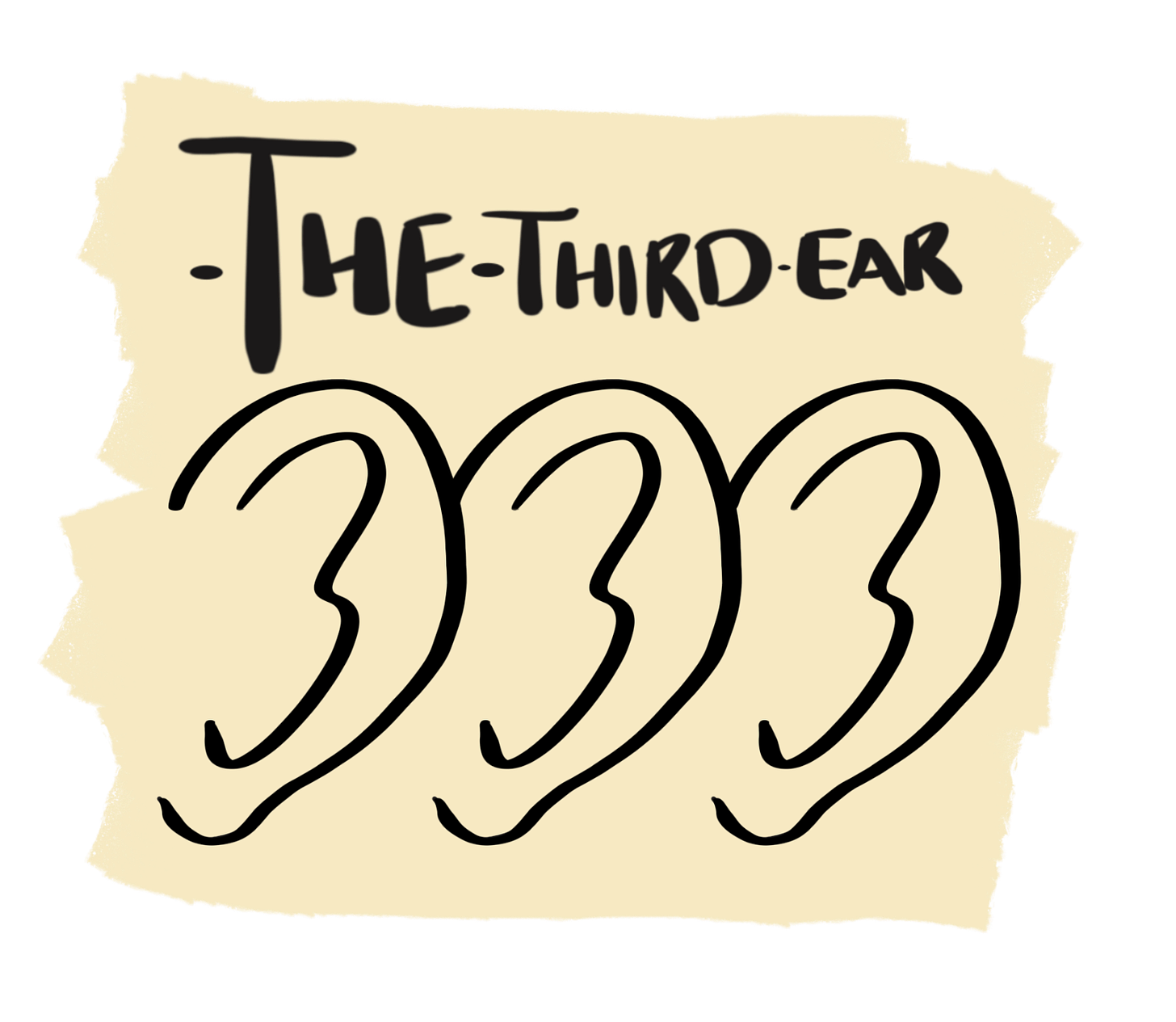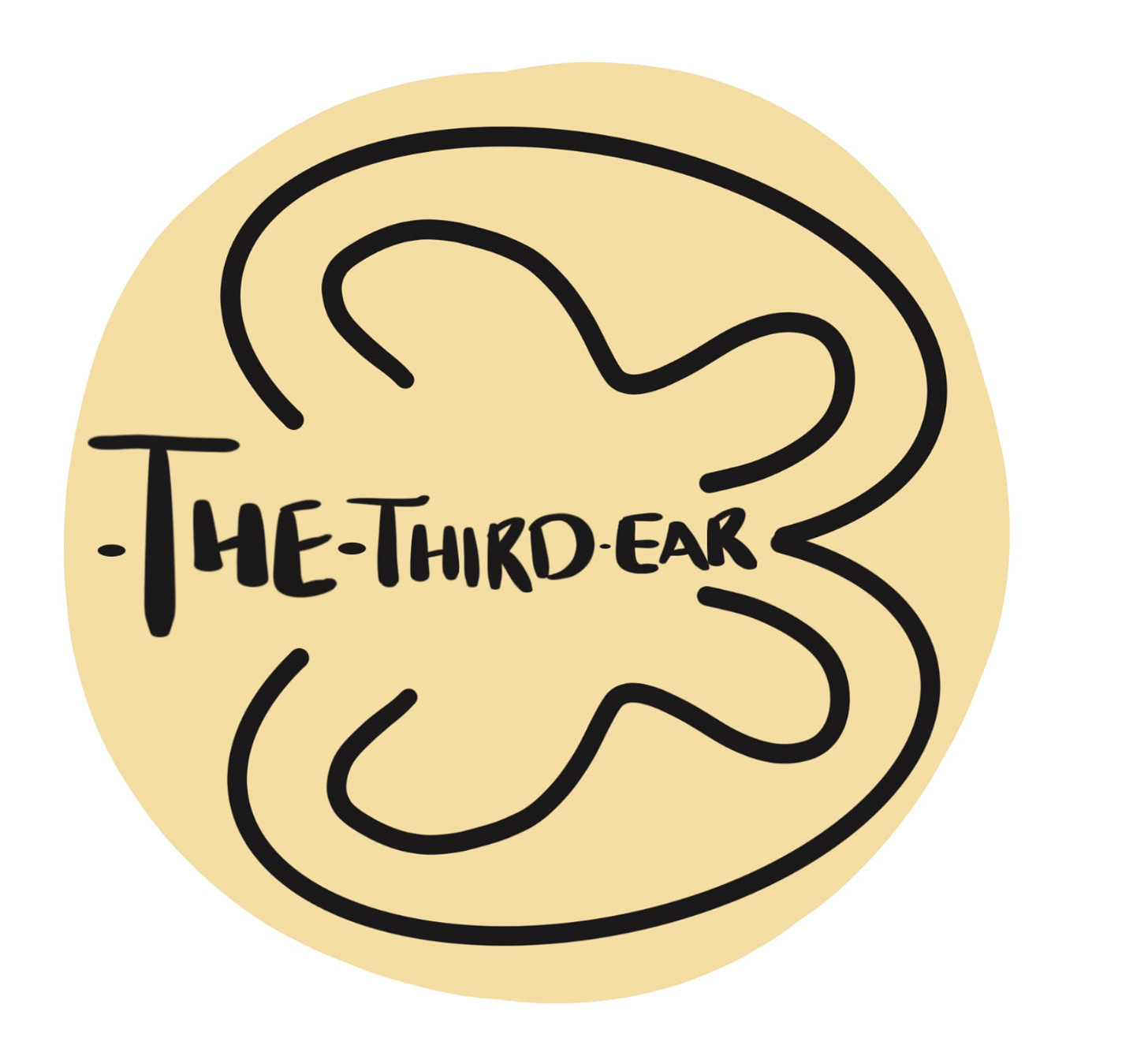I’ll keep it short this week, as I’ve been doing a lot of reading and listening but not much writing, in the wake of my last article.
But oh, the reading. And the listening (mostly to Brian Wilson).
Before moving on to the green shoots — positive outgrowths in alternative media and publishing — I’ll hit you with one last (one hopes) disturbing trend in news related to AI: spiritual psychosis.
An unwelcome side effect that I neglected to mention in recent reporting on AI, including my latest profile (“Wish You Weren’t Here”) of Martine Rothblatt and Ray Kurzweil’s robot religion.
Disturbing Trend
Since the year 2000, critics like Jaron Lanier have noted a “resplendent dogma” at play among the “true believers” in Silicon Valley. The creators of AI, in other words, have always come across as a little “Religulous,” when it comes to revering their own inventions. What people like Lanier didn’t predict (as far as I can tell) was the way consumers would be shocked-and-awed into religious fervor by those same products…
From the New York Times:
They Asked an A.I. Chatbot Questions. The Answers Sent Them Spiraling.
Generative A.I. chatbots are going down conspiratorial rabbit holes and endorsing wild, mystical belief systems. For some people, conversations with the technology can deeply distort reality.
As usual, Substack (and even Rolling Stone) beat the Times to this story, by 4-8 weeks:
Tens of Thousands of AI Users Now Believe ChatGPT Is God
Is this mental illness—or the next major religion?
Green Shoots
On a more positive note, per The Guardian, the Washington Post is In Talks with Substack About Using its Writers. (And, as I’ve mentioned before, several of the WaPo’s more open-minded writers are already on Substack, at Wisdom of Crowds.)
Per Ted Gioia, “Substack Has Changed in the Last 30 Days” (an excellent synopsis of recent developments I’m about to throw at you, plus more):
Politicians left and right have joined the platform, along with the DNC. Major brands are taking note. Along with Billboard and the BBC, which now have newsletters of their own. In short order, the New Yorker has gone from mocking the publishing platform in its cartoons to pondering, “Is the Next Great American Novel Being Published on Substack?”
In light of all this, Substack’s head of politics, Catherine Valentine, predicts “I think that the 2026 and 2028 elections are going to play out on Substack.”
If the prospect of politicians and Pepsi-pluggers polluting the platform produces dyspepsia, remember that there are no ads here, and these entities will have to compete for audiences like everyone else: through octuple alliteratives.
Gioia:
Some counterculture Substacks will soon turn into big media businesses. Some big media businesses will start acting like bohemian outsiders. It won’t be easy to tell them apart.
It’s going to get weird.
And like the man said: When the going gets weird, the weird turn pro.
In another victory for publishers outside the mainstream and Big Five, County Highway editor-at-large Walter Kirn announced that a new publishing house, PanAmerica, to be helmed by himself and literary editor Gary Fisketjon (who has steered the careers of Cormac McCarthy, Brett Easton Ellis, and others) is now accepting charter memberships for its bookclub. Sign me up.
Another Substack newsletter, novelist Chuck Palahniuk’s Plot Spo!ler, announced that, “A reputable literary agency ha[s] gotten Stephen King’s blessing for an anthology of short stories based on The Shining.”
How this works is an editor or agency assembles the “talent” who agree to contribute, then the organizer shops the project to a publisher who will pay an advance, then print and distribute the final book. It’s very similar to how a movie producer assembles a project and shops it to movie studios […]
I’ve committed to the project but only under the condition that at least one of my “students” also gets included.
Based on what I overheard at Palahniuk’s open mic for writers last month, the publisher may end up being Simon & Schuster.
In summation: Jeff Bezos’s newspaper is looking for writers on Substack; a Substack author has founded a new publishing house with a big-name editor; and the author of Fight Club announced that Stephen King has given his blessing for a new project he’s signed onto: The Shining fan fiction.
I recently discovered that Palahniuk hosts a writer’s workshop — which happens to convene right down the street from me twice a month — after reading his newsletter.
From D.C. to my backyard, in publishing at least, the grass is looking greener — and it’s all grass roots.
On that note, I’d be remiss if I didn’t mention the most moving meditation — out of many, in the weeks since Brian Wilson’s death — that I’ve encountered on the legacy of the Beach Boys’ wunderkind.
Matt Welch — “We’re All Brian Wilson Now”
Mr. Welch (who was once kind enough to plug an article of mine on Bob Dylan’s A Complete Unknown), is a musical encyclopedia. He also happened to grow up playing music in SoCal, so he bears firsthand witness to the way local artists kept the flame of Brian Wilson’s music alive, and brought it (and Brian Wilson) back to life after his many hardships, tear-jerkingly chronicled in the 2014 biopic Love and Mercy (highly recommend). Many of those musicians (eg. Henry Rollins) will surprise you.
There are so many nuggets excavated in “We’re All Brian Wilson Now” that I can’t begin to assay them here. But the most valuable takeaway is this: creating a culture, and a community, where there was a desert. Put this alongside Joan Didion in your annals of California.
Free one-month Fifth Column gift subscription available for any Third Ear readers who want to listen to “We’re All Brian Wilson Now,” and whatever else you can wrap your ears around in the next 30 days.
Bend mine in the comments.










